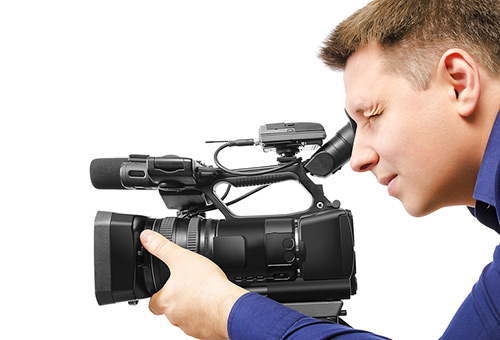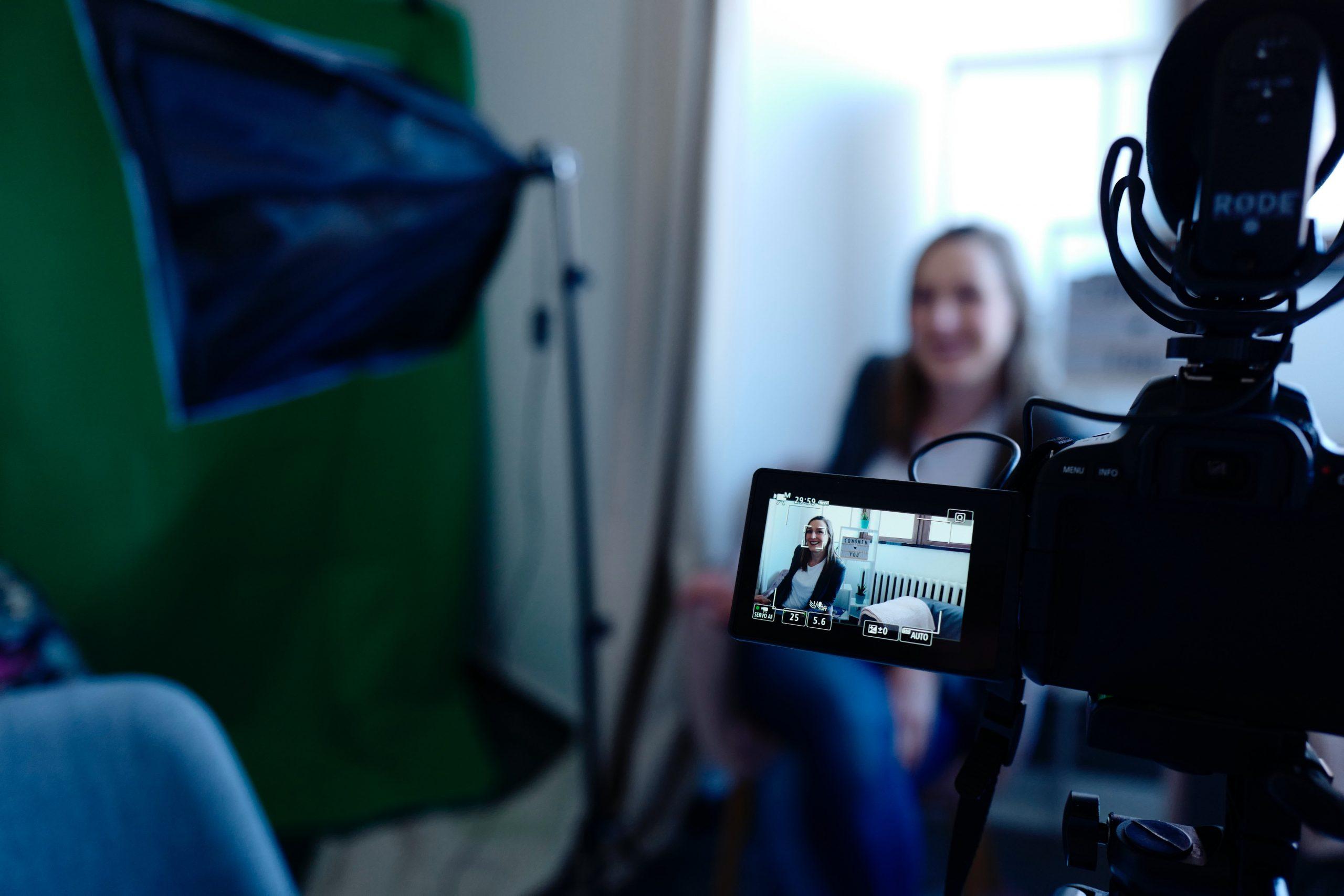The Role of Legal Videography in Depositions and Tests
Legal videography has emerged as a vital device in both depositions and tests, providing a diverse approach to documenting witness testaments. As legal experts progressively identify its worth, it prompts a much deeper exam of exactly how these aesthetic records can influence juror understandings and test outcomes.

Importance of Lawful Videography
Lawful videography plays a crucial role in the paperwork and presentation of depositions and tests. This specific field combines technical skills with lawful understanding to develop a reliable document of procedures that can considerably affect case end results. The appearance of lawful videography enhances the understanding of witness testimony, enabling jurors and judges to observe not only the spoken words yet also the attitude, feelings, and body movement of the witnesses.
On top of that, legal videography provides an unbiased account of occasions, decreasing the possibility for misinterpretation that can accompany composed records alone. This visual paperwork works as a vital device throughout trial discussions, assisting in a more clear and even more influential story for both plaintiffs and defendants. The ability to replay video sections throughout court process makes it possible for lawful groups to stress vital points, enhancing their debates efficiently.
The value of legal videography expands past the court; it additionally plays an important function in preserving proof for future recommendation, whether for appeals or additional lawsuit. Its assimilation right into the legal process is crucial for making certain a reasonable and precise depiction of the facts, ultimately contributing to the quest of justice.

Refine of Legal Videography
While recording the subtleties of depositions and trials, the procedure of lawful videography involves several important steps that make sure high-quality, precise recordings. A specialist lawful videographer prepares by examining the situation materials and comprehending the specific needs of the deposition or trial. This prep work consists of familiarizing themselves with the participants and the context, which helps in recording relevant details.
On the day of the recording, the videographer establishes the needed tools, which normally includes high-definition cameras, microphones, and appropriate lighting. Guaranteeing optimum angles and audio top quality is critical, as it straight influences the efficiency of the recording. The videographer interacts with attorneys and individuals to establish protocols, making certain that everybody understands the recording procedure.
During the deposition or trial, the videographer thoroughly videotapes the proceedings, paying attention to both spoken and non-verbal cues. This consists of catching the behavior and reactions of witnesses and lawyers. After the session wraps up, the videographer might edit the footage for clarity and compliance with lawful requirements, producing an end product that precisely mirrors the proceedings for future reference and usage in legal contexts.
Benefits in Depositions
The consolidation of videography find more in depositions uses various benefits that improve the total process of gathering proof. One primary benefit is the capacity to capture witness testimonies with visual and auditory integrity, giving an extra precise depiction of the witness's behavior, tone, and body movement. This multidimensional approach enables attorneys and courts to examine trustworthiness better than conventional written transcripts alone.
In addition, videographed depositions work as an effective device for preserving testimony. Needs to a witness ended up being not available for test, their recorded deposition can be played in court, guaranteeing that their proof stays easily accessible and appropriate. This aspect considerably decreases the risk of shedding important info that might influence instance outcomes.

Lastly, videography improves the total expertise of the deposition process, instilling self-confidence in clients relating to the thoroughness of their lawful representation (legal videography). By leveraging technology, legal specialists can considerably enhance the performance of depositions
Influence on Tests
In many trials, the assimilation of videography can dramatically affect the discussion of evidence and the court's assumption. Legal videography captures witness testaments and essential proof in a dynamic layout, enabling jurors to involve with the product on several levels. This visual part enhances the storytelling facet of a trial, providing context and emotional resonance that traditional text-based proof may do not have.
Moreover, video clip recordings can function as effective tools for impeachment during cross-examination. When discrepancies emerge between a witness's prior statements and their court room testament, video clip proof gives an unbiased reference that can persuade jurors' opinions. This immediacy and go to website clearness can reinforce the reliability of a party's story while concurrently threatening opposing debates.

Future Trends in Legal Videography
As we look toward the future of legal videography, a number of arising fads guarantee to improve its duty within the court. One substantial pattern is the assimilation of expert system (AI) in video clip evaluation and editing. AI can streamline the process of determining essential moments in videotaped depositions, allowing attorneys to swiftly access pertinent material, thus improving effectiveness in case preparation.
Furthermore, the surge of virtual fact (VIRTUAL REALITY) and augmented fact (AR) innovations is anticipated to change how jurors experience evidence. legal videography. By immersing jurors in a substitute setting, these innovations can supply a much more extensive understanding of complicated situations, leading to even more educated considerations
Moreover, the enhancing need for remote depositions, accelerated by the COVID-19 pandemic, will likely proceed. Legal videographers will certainly need to adapt to brand-new software and systems to ensure high-grade recordings in digital settings.
Last but not least, the expanding emphasis on data security will certainly require more stringent procedures for saving and sharing video clip evidence. As the lawful landscape advances, lawful videographers must remain abreast of these patterns to keep their importance and efficiency in the judicial process.
Verdict
In summary, lawful videography serves an important feature in the judicial process, boosting the stability of depositions and tests. As technology proceeds to progress, legal videography is poised to further transform its function within the legal landscape.